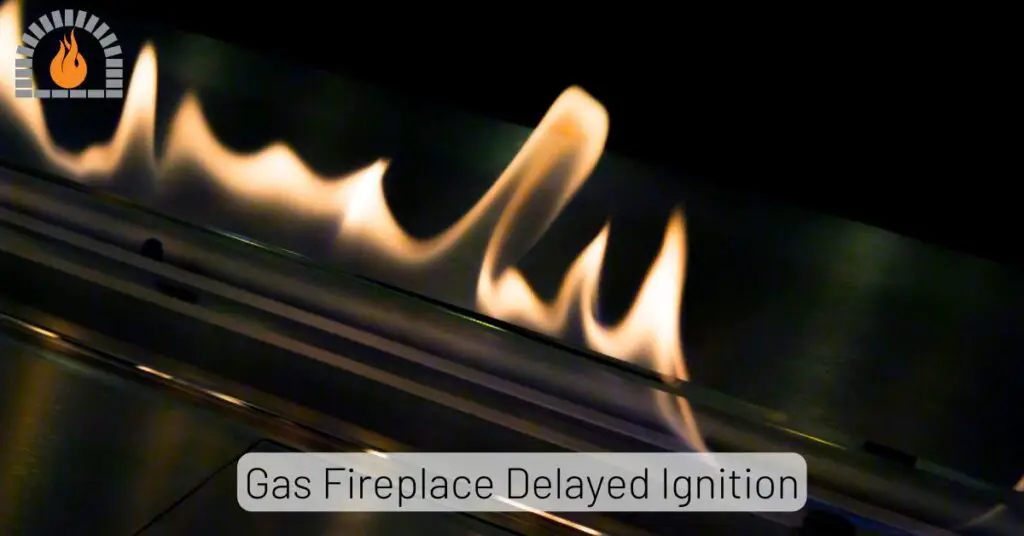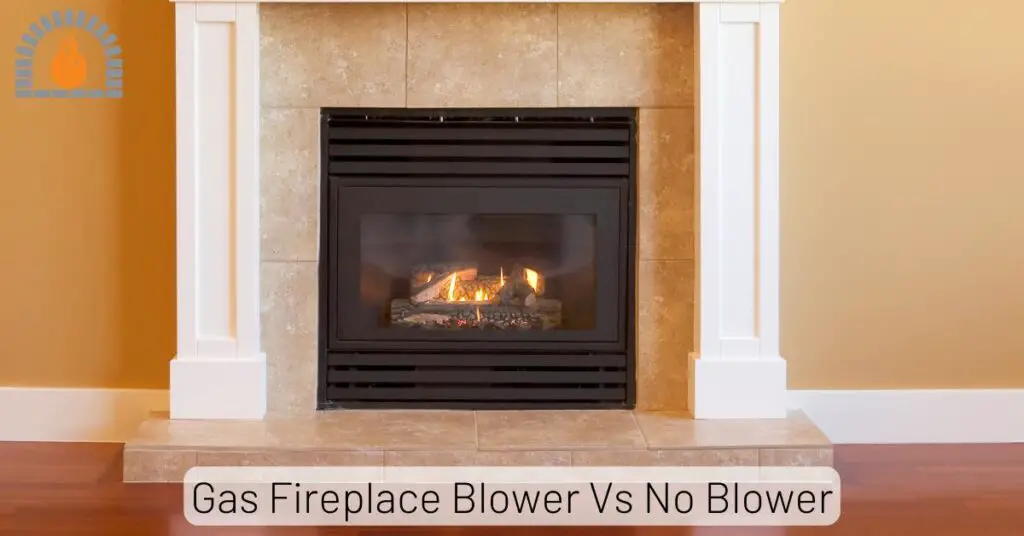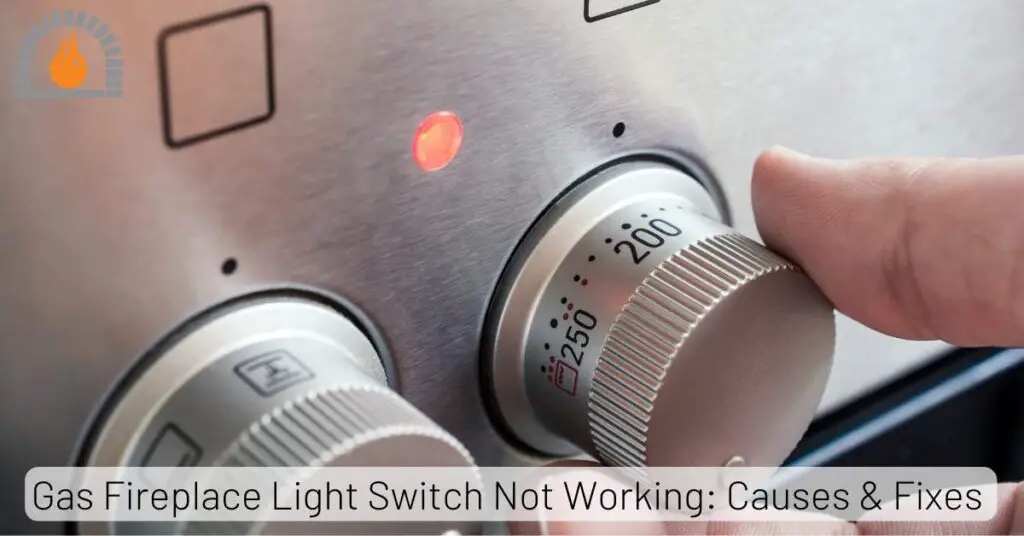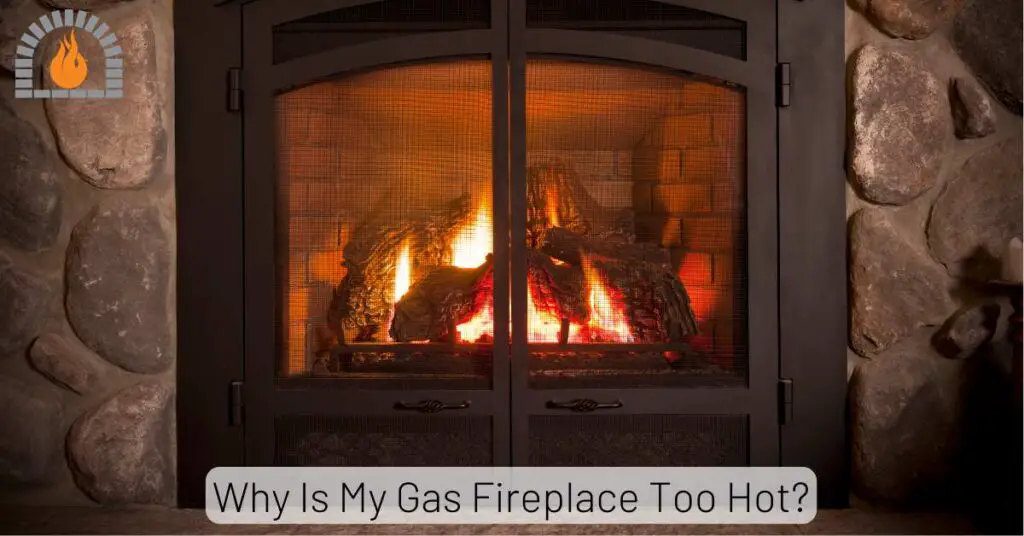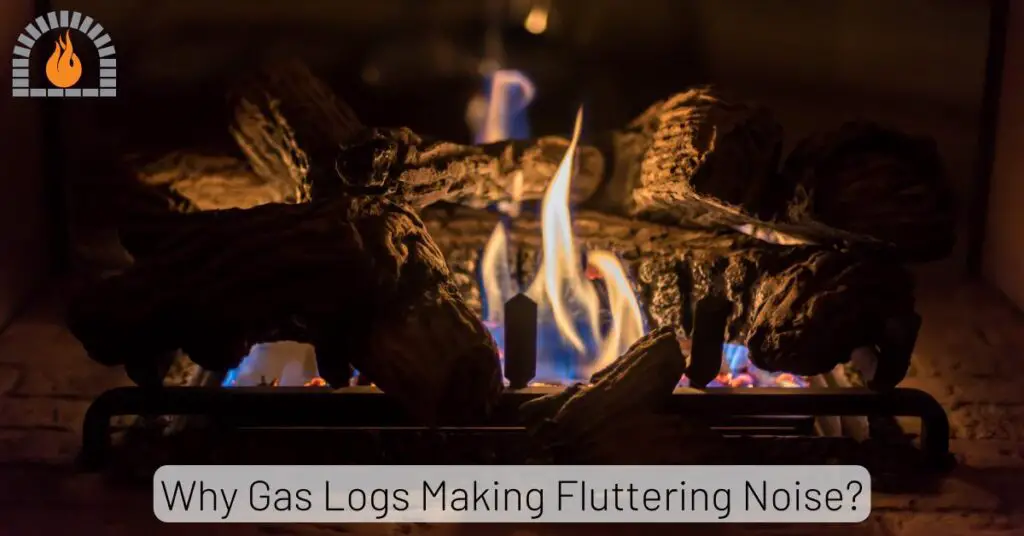Have you ever settled in for a cozy evening by your gas fireplace, only to have it unexpectedly shut off after just 30 minutes? This common issue can be both frustrating and perplexing, interrupting the warmth and ambiance of your home. Understanding why your gas fireplace shuts off after a short period can save you from unnecessary discomfort and ensure a more reliable performance.
In this blog post, we’ll explore the potential causes behind this problem, from simple maintenance issues to more complex technical glitches, helping you troubleshoot and enjoy uninterrupted warmth throughout the colder months.
Overview
Why gas fireplace shuts off after 30 minutes? A gas fireplace shutting off after approximately 30 minutes can stem from various underlying reasons. Safety mechanisms like thermal overload sensors might trigger the shutdown if the fireplace overheats due to inadequate ventilation or sensor malfunctions.
A flawed flame sensor could inaccurately detect the flame status, leading to shutdowns. The potential culprits are interruptions or inconsistencies in the gas supply, pilot light issues, thermostat misconfigurations, inadequate airflow, malfunctioning gas valves, and electrical glitches.
Common Causes of Automatically Gas Fireplace Shuts off.
- Inadequate gas supply or improper pressure.
- Thermocouple Dysfunction.
- Ventilation Matters.
- Dirty or Faulty Sensors.
- Pilot Light Issues.
- Thermostat Problems.
- Safety Features.
1) Inadequate Gas Supply or Improper Pressure.
One of the primary culprits behind a gas fireplace shutting off unexpectedly could be an inadequate gas supply or improper pressure.
Gas supply issues can stem from a partially closed gas valve or a low gas level in the tank.
Verify that the gas valve is completely open, and in the case of utilizing a propane tank, confirm that it’s sufficiently filled to uphold a steady pressure.
2) Thermocouple Dysfunction
The thermocouple plays a vital role in ensuring your gas fireplace operates safely. It’s a heat-sensitive device that detects the pilot flame’s presence.
If the thermocouple is malfunctioning or not in direct contact with the flame, it might signal the fireplace to shut off.
Cleaning the thermocouple or adjusting its position can resolve this issue.
3) Ventilation Matters
Adequate ventilation plays a vital role in ensuring the optimal performance of a gas fireplace.
A blocked vent can cause overheating, triggering the safety mechanisms that shut off the fireplace.
Check for any obstructions in the vent, such as debris or bird nests. Ensure the room has adequate ventilation to prevent overheating.
4) Dirty or Faulty Sensors
Modern gas fireplaces are equipped with safety sensors that monitor various aspects of the unit.
If these sensors, such as the flame or overheat sensor, are dirty or faulty, they might inaccurately trigger the shut-off mechanism.
Gently clean the sensors using a soft cloth and double-check their accurate positioning.
5) Pilot Light Issues
A weak or inconsistent pilot light can lead to the fireplace shutting off. If the pilot light is too small or flickers irregularly, it might not produce enough heat to keep the gas flowing.
Check for clogs in the pilot tube or a dirty pilot assembly.
If necessary, consult your manufacturer’s manual for guidance on adjusting the pilot light.
6) Thermostat Problems
Your thermostat communicates with the gas fireplace to regulate its operation.
If the thermostat is faulty or incorrectly calibrated, it could inadvertently signal the fireplace to turn off prematurely.
Calibrating the thermostat according to the manufacturer’s instructions can often resolve this issue.
7) Examine the Safety Features
Gas fireplaces are designed with multiple safety features to prevent accidents. If the unit detects abnormal conditions, such as excessive heat or gas accumulation, it will shut off as a precaution.
Review your fireplace’s user manual to understand its specific safety mechanisms and how to reset them if necessary.
Important Note: Working with gas appliances can be hazardous. If you’re not experienced or uncomfortable with these steps, do not attempt to fix the issue yourself. Contact a certified technician.
Do Gas Fireplaces Turn Off Automatically?
Many modern gas fireplaces have safety features and technologies that allow them to turn off automatically under certain conditions.
Here are some common scenarios in which a gas fireplace might automatically shuts off:
- Fault Detection by Safety Sensors
- Pilot Light Failure
- Timer Settings
- Remote Control or Thermostat Settings
- Overheating
- Lack of User Interaction
How To Fix Automatically Gas Fireplace Shuts off?
- Turn Off the Gas
- Check for Ventilation
- Inspect Pilot Light
- Clean Flame Sensor
- Check Gas Supply
- Inspect Thermostat
- Examine Electrical Connections
- Verify Gas Valve Operation
- Contact a certified technician
Do Gas Fireplaces Turn Off When It Is Too Hot?
Many modern gas fireplaces are equipped with a safety feature known as a “high-temperature limit switch” or “overheat sensor.”
Crafted to oversee the fireplace’s temperature and immediate vicinity, this sensor is programmed to activate in the event of excessive heat.
Its activation leads to the automatic cessation of gas supply to the fireplace burner, consequently powering down the fireplace.
Affiliate Disclosure: Fireplaceadviser.com is a participant in the Amazon Services LLC Associates Program. We may earn a commission when you click on certain links on this site and purchase.

Hello!! I am Jamal Khan. I often fix my home electric heaters and gas stove problems and research the common issues in the heating units to improve my knowledge and expertise. The aim of establishing fireplaceadviser.com is to share my expertise and knowledge with my audience.






